I never knew I needed a NAS but getting one changed everything
A NAS is so much more than just a place to store files, and I can't live without one now.
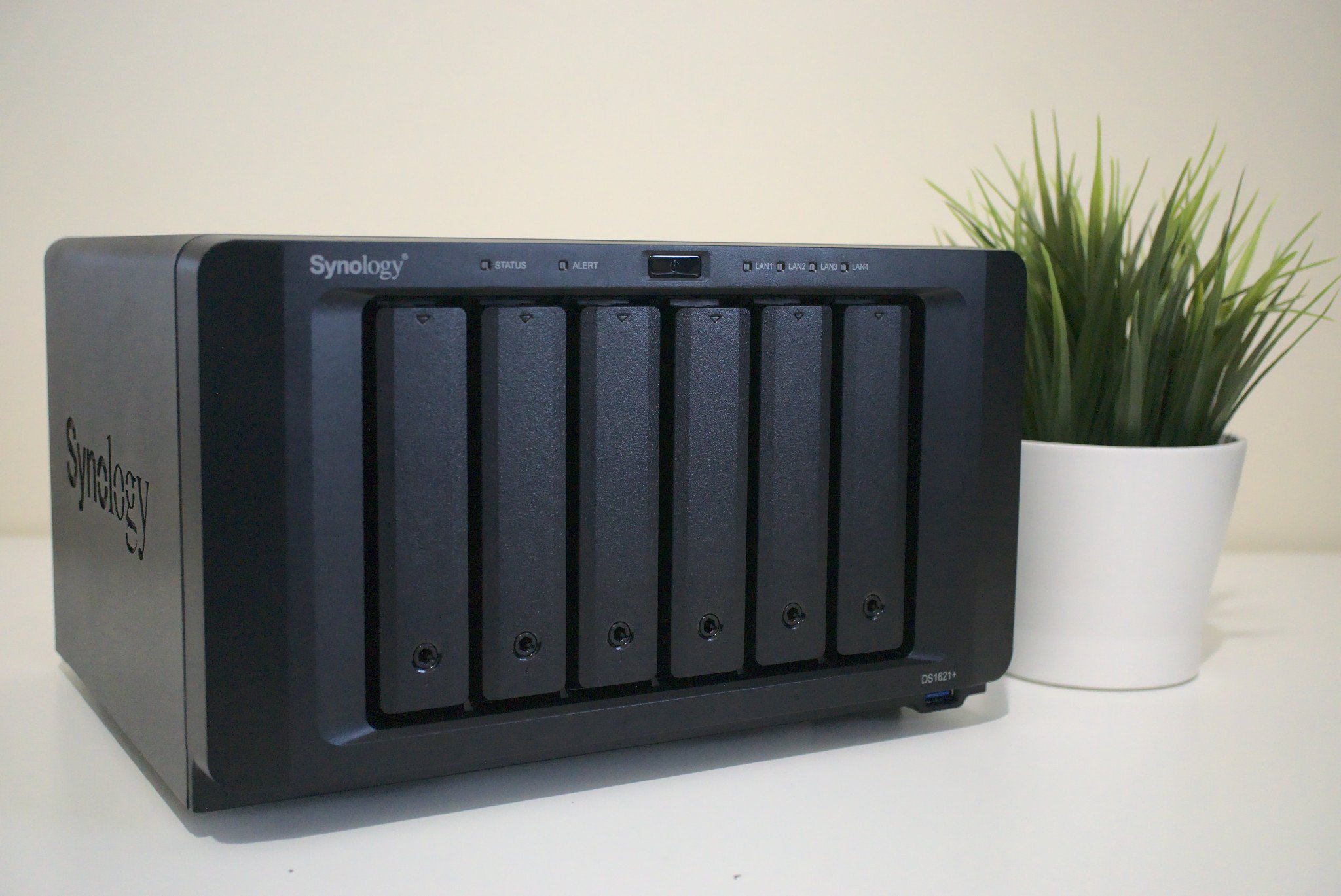
All the latest news, reviews, and guides for Windows and Xbox diehards.
You are now subscribed
Your newsletter sign-up was successful
How many times have you acquired a piece of tech or software and wondered how you ever lived without it? That's me right now with a Synology NAS. I've used external and cloud storage for years for various purposes, but never really thought about attaching it to my home network.
Enter the NAS. Hoo boy. I've been missing out.
Here's the kicker. A NAS is much more than just a convenient place to stash your files and access them from any device. It's a server, your own private little cloud. The use cases are so far and wide I genuinely wish I'd got one sooner. If you're on the fence, maybe this can help you decide.
A NAS is way more than just storage
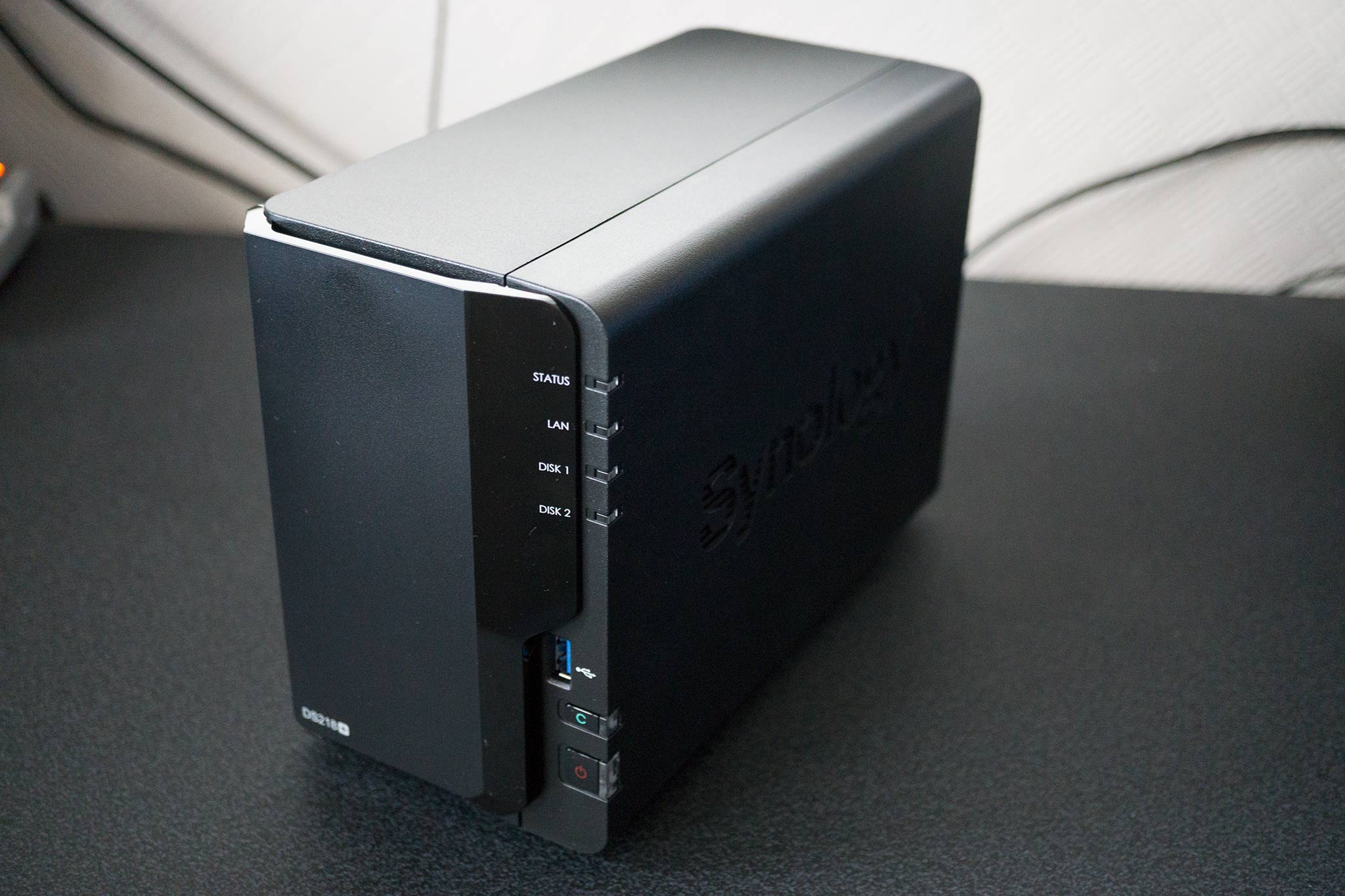
My previously uneducated stance just passed off a NAS as a fancy, very expensive hard drive that I could use without having to get up and plug in a cable. In a sense that is still true, but it's so much more than that.
Just take a read through some of the guides our resident NAS expert, Rich Edmonds, has written. Plex server? How about a repository for your home security camera footage? Integration with your cloud storage providers? That doesn't even scratch the surface.
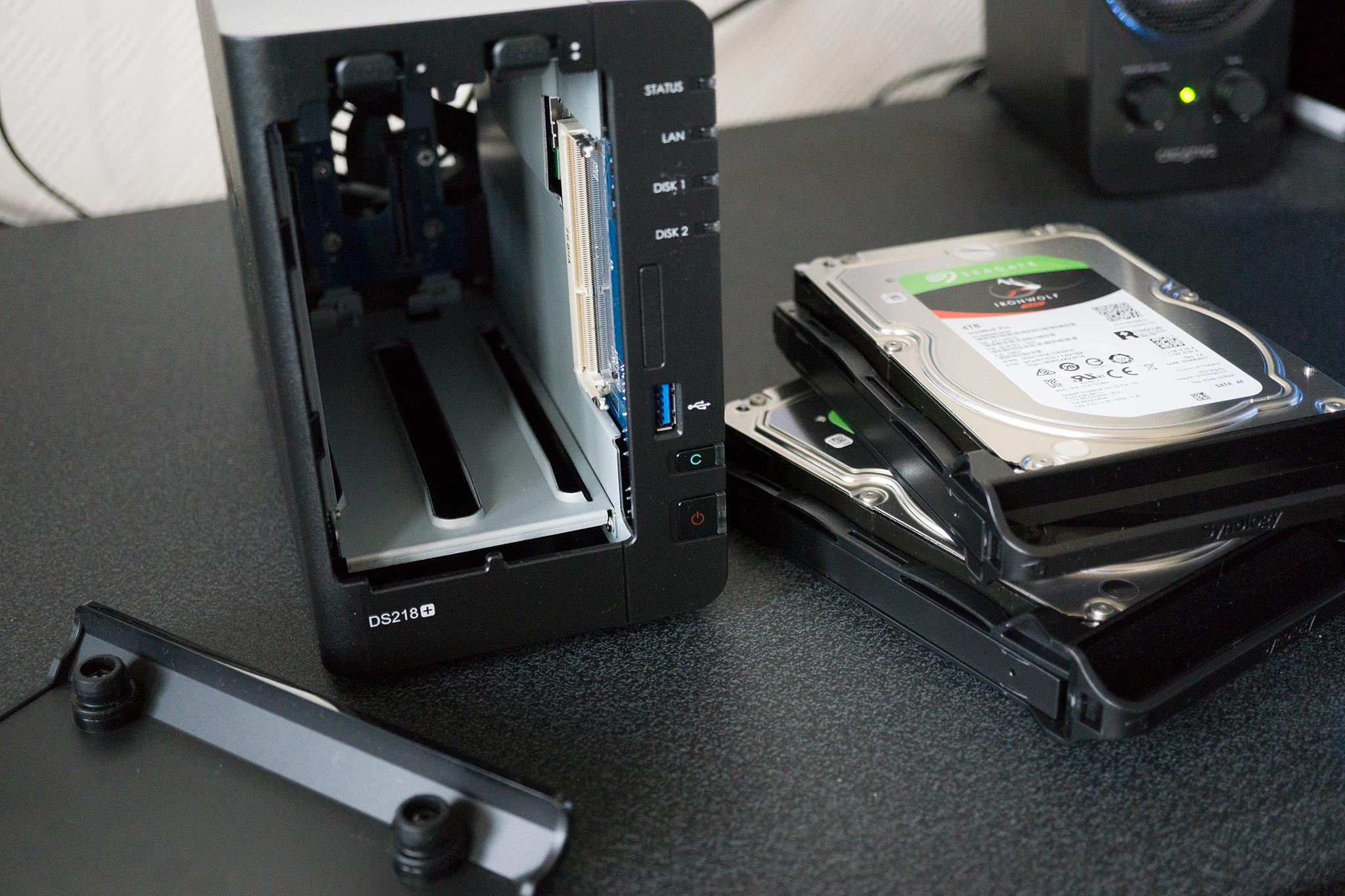
I'm using a Synology DS218+, far from the biggest, baddest NAS you can get, but even so and with, by PC standards, pretty average internals, it's a seriously powerful little box. I've used it to set up a Plex server delivering on-demand media, live TV, and DVR capabilities to the whole house, I've used it to experiment with Docker, host email, and yes, as network storage accessible from any PC.
The scope of what you can use a NAS for is what surprised me the most and is also the reason I simply don't think I could live without one anymore. It's integrated into both my work and my entertainment, and there's room for a lot more.
All the latest news, reviews, and guides for Windows and Xbox diehards.
The icing on the cake with this Synology unit is how easy it is to access my files from outside my home network. I didn't need to set up VPNs or any other complicated thing I don't really understand, Synology handled it. All I have to do is use a web browser and log in. So it's not even just network-attached storage for one location.
A sandbox to play in
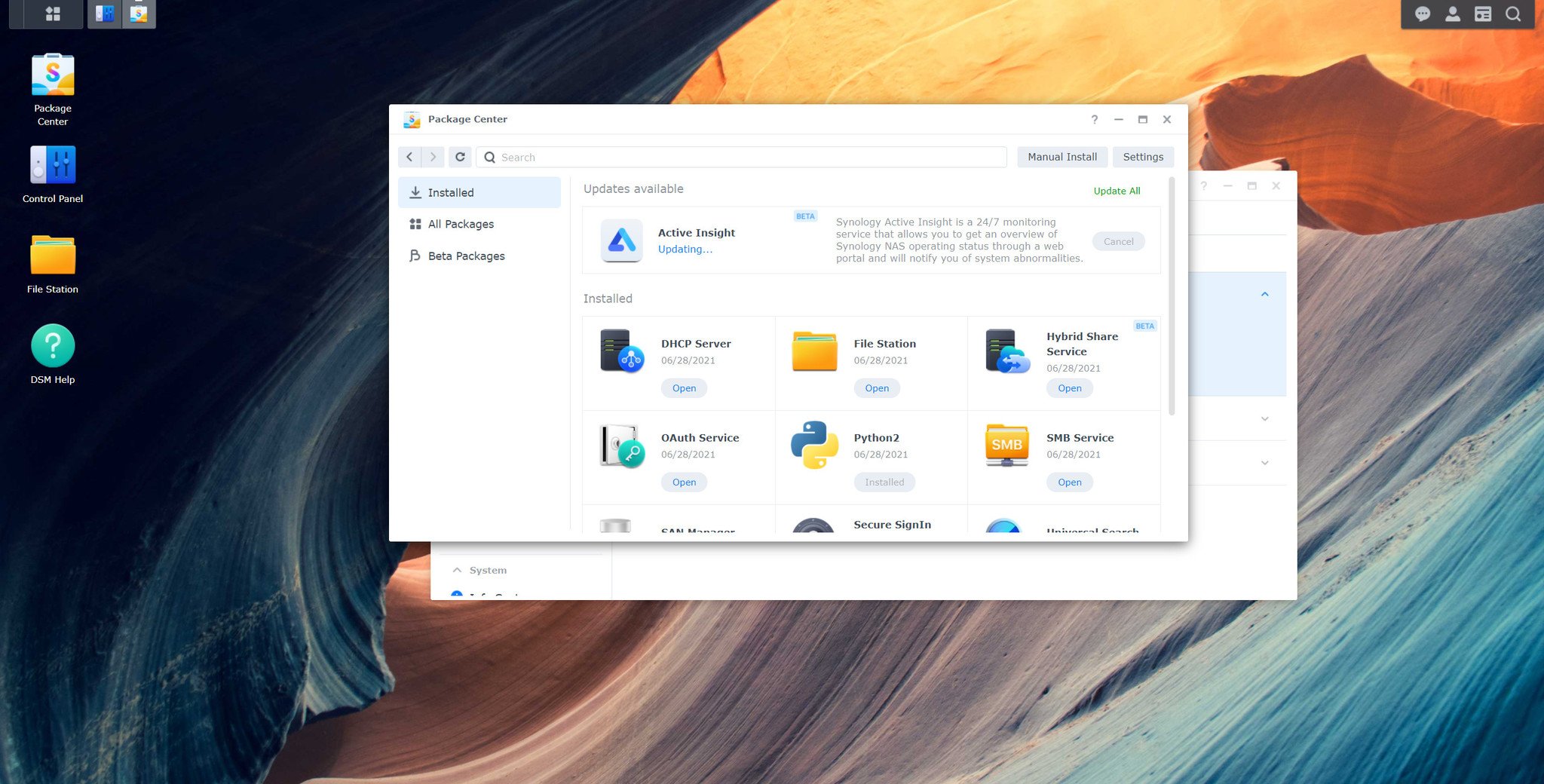
One of my big self-promises in the latter part of 2021 and going into the new year is to learn some new IT skills. And my NAS is something I can use for that, albeit with limitations. Docker, for example, is one of the most popular platforms on the planet for running containerized apps, and I've started to play around with it on my Synology NAS. I could do the same on my PC, but inevitably I'll end up breaking something at some point, and my NAS is a detached sandbox. I've got a bunch of files on there, but even if I break something, it's a minor inconvenience.
Likewise, I've been able to try out not only Plex again but some alternatives to Plex, including Emby and Jellyfin, all with ease, minimal setup, and no requirement to leave my PC on 24/7 to access. The media lives on the NAS, the service that handles it lives on the NAS; it's the only thing that needs to stay on. My hotter, thirstier gaming PC gets to go to sleep at night.
That's one of the things that's changed my workflow the most. I'm not relying on finding that USB stick or that external SSD anymore to locate that file I needed on my laptop or leaving my desktop PC on all the time in case I need to remote in for something. Everything important (so basically, work) that's stored locally is on my NAS, and that's the only device that needs to stay on.
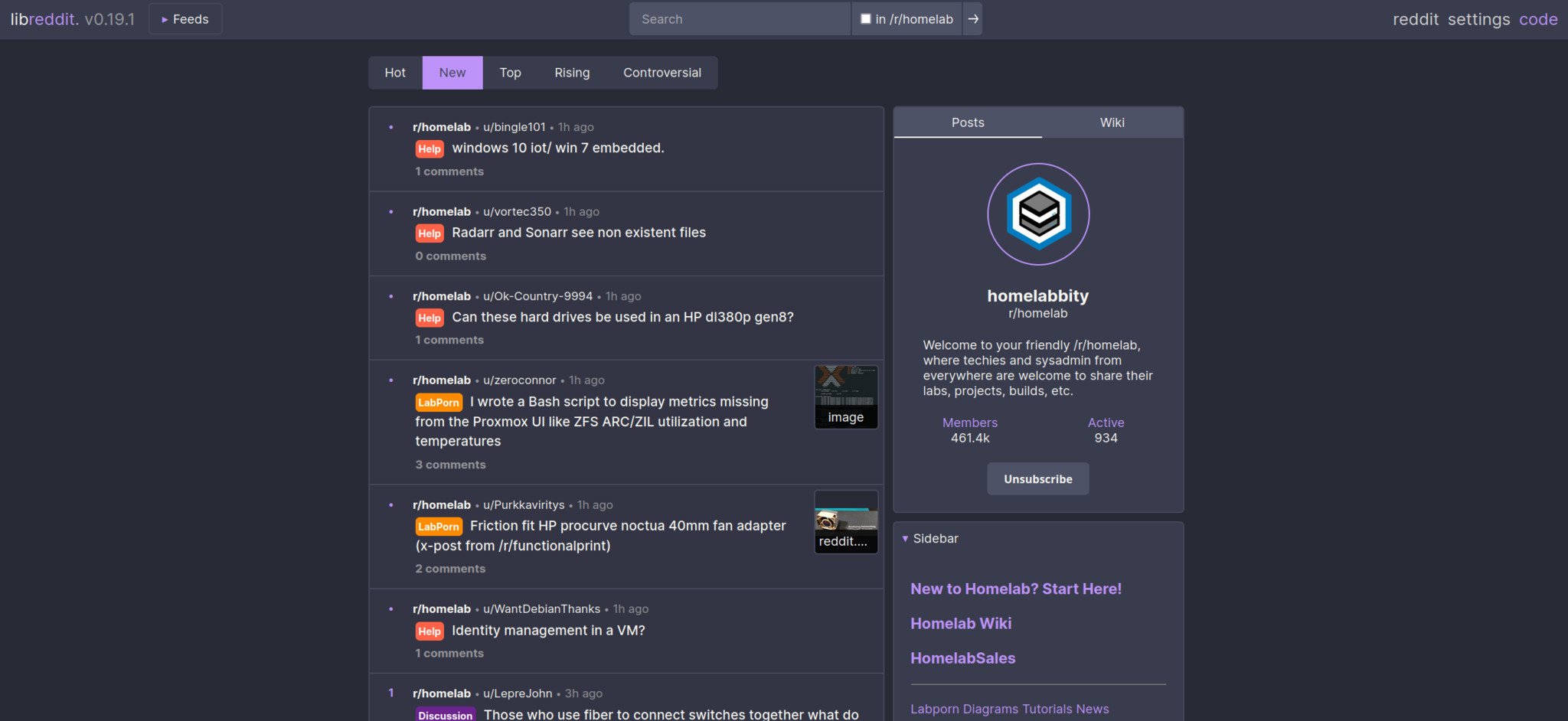
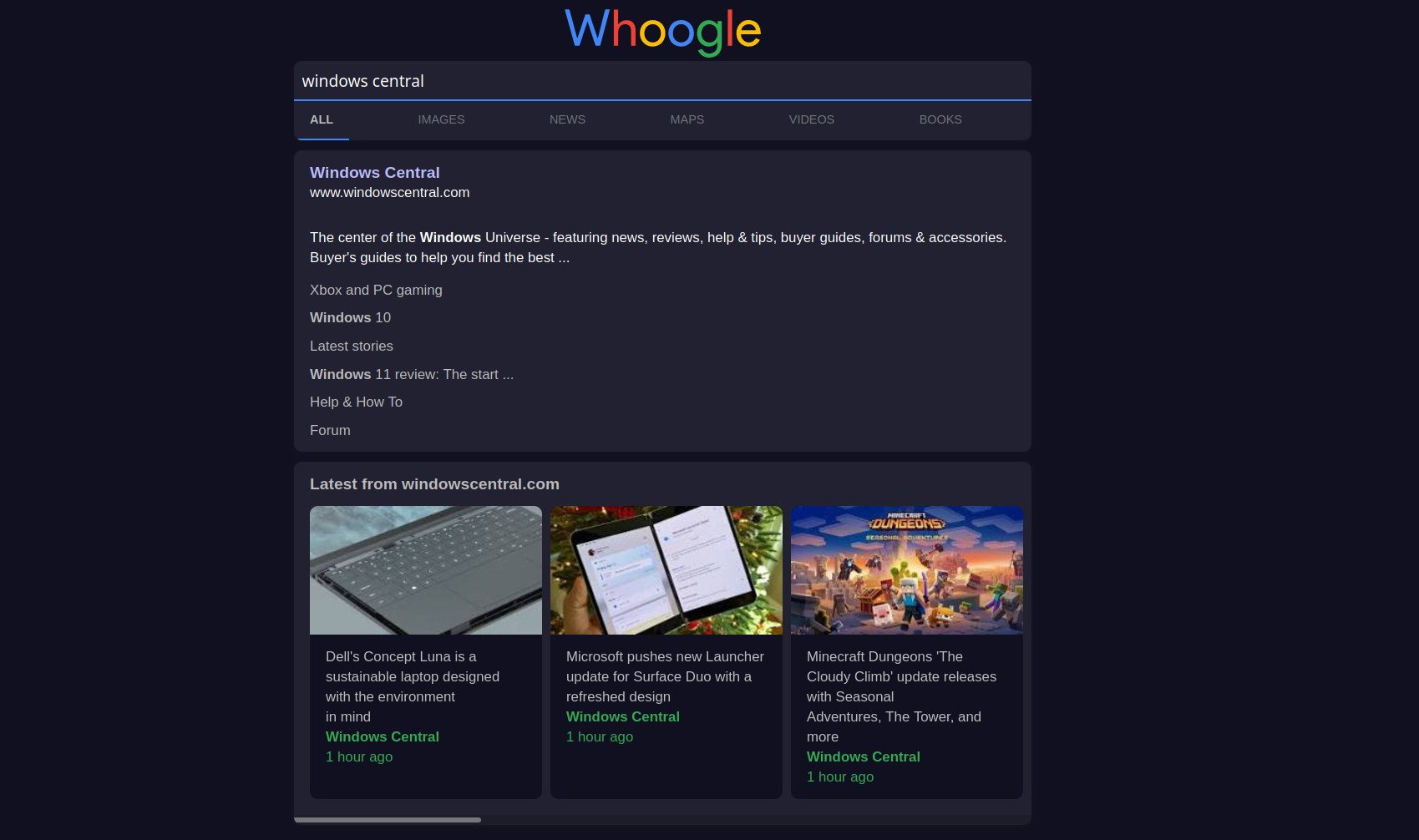
Going back to Docker for a moment as well, my NAS has been a key part of getting into self-hosting my own services that are more private and don't rely on someone else's cloud working. I've since progressed on to having a full-time home server online running these services, but I could have easily left them running on my NAS. That's where they all started.
I won't bore you with too many details, but thanks initially to my NAS and the capabilities it affords I started hosting my own local podcast server, a tracker-free front end to Reddit, and even a self-hosted version of Google search without all of the ads and tracking and general Google junk all over it. All running in a Docker container, all based on my Synology NAS.
You don't need to go overboard
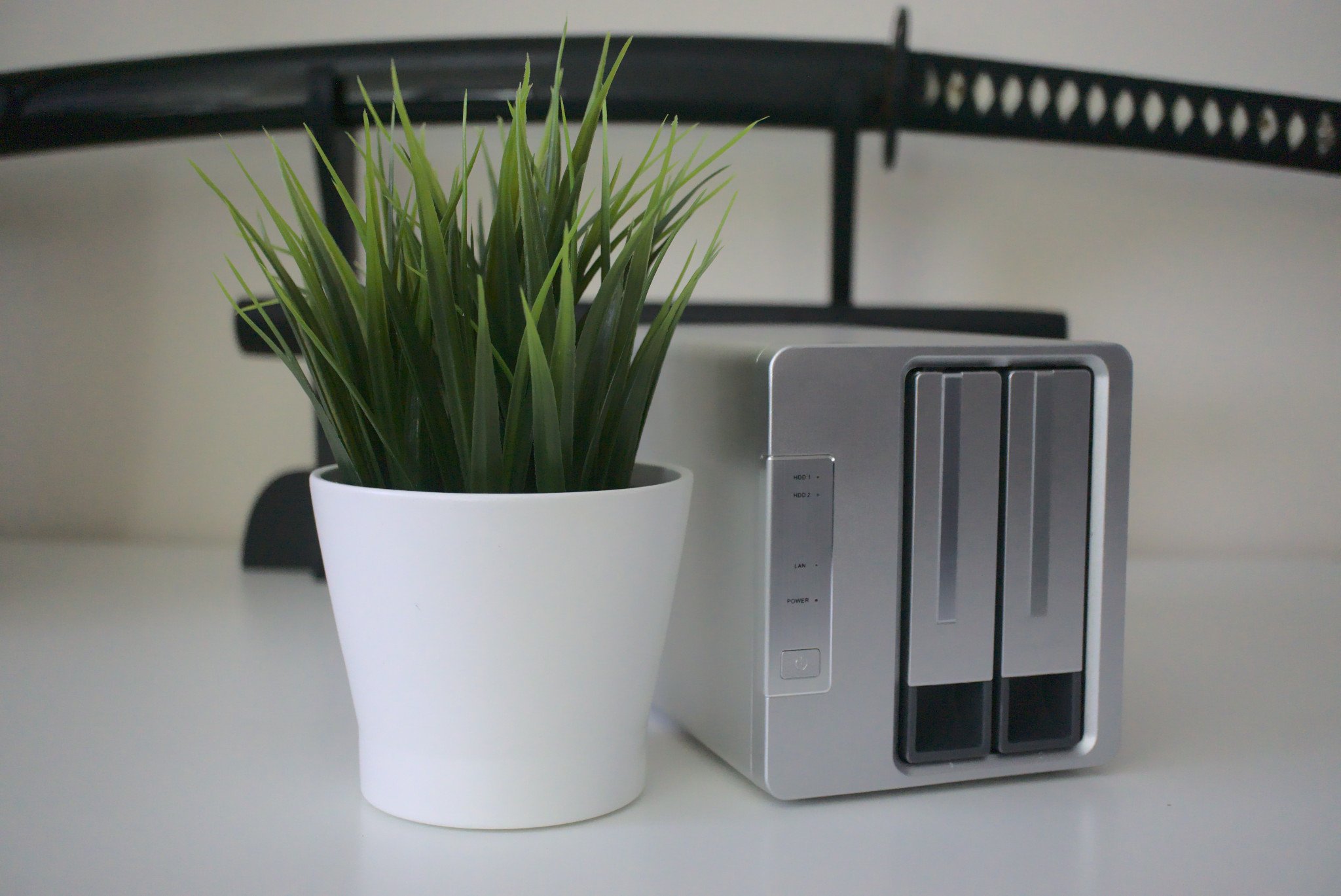
Along with just what I can now do with a NAS in my life, I was perhaps most surprised by how even a more basic model like mine is still perfectly capable of getting into all this fun stuff. Sure it's hardly a powerhouse, but its own operating system is so lightweight it hasn't yet struggled.
There are good reasons to have a multi-drive NAS setup in a RAID configuration, but equally, if you just want to start small there are units out there that take a single hard drive. The basic idea is the same whether you have a single drive or a whole rack of them.
We've got guides to help you buy the best NAS for your home and also to help you out if you're specifically looking for a home entertainment solution to get the best NAS for Plex.
I guess the overarching thought here is that if you've been on the fence or you're not really sure what value a NAS can add to your life, I've been there. And now I wouldn't be without one.

Richard Devine is the Managing Editor at Windows Central with over a decade of experience. A former Project Manager and long-term tech addict, he joined Mobile Nations in 2011 and has been found in the past on Android Central as well as Windows Central. Currently, you'll find him steering the site's coverage of all manner of PC hardware and reviews. Find him on Mastodon at mstdn.social/@richdevine
